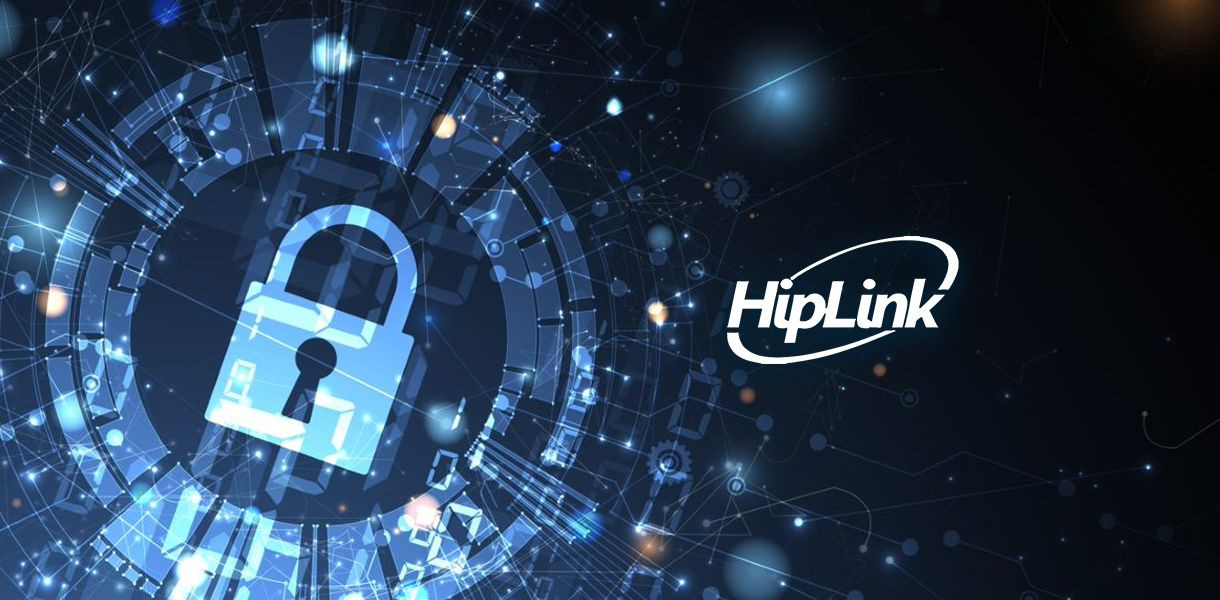Compared to the previous years, 2021 saw a significant increase in cyberattacks. IoT rose by 6%, cryptojacking rose 19%, and ransomware attacks rose by a staggering 105% between 2020 and 2021. Regardless of the size of a company, having adequate cybersecurity equipment and protocols is essential for any successful business.
Cybersecurity Basics
With cybercriminals becoming more competent and improving their techniques to gain access to company networks, proper cybersecurity is vital for individuals, small businesses, and large enterprises.
While there are some differences in how a large organization or a small mom-and-pop business will handle security, there are cyber security essentials every company should adopt:
-
Social Engineering Training
-
Routine Data Backups
-
Spam/website Filtering
-
Anti Virus/Malware/Ransomware Software
-
Basic Firewall
Social Engineering Training
Social engineering is one of the easiest and most efficient ways for bad actors to gain access to sensitive and personal information.
Unfortunately, many employees fall prey to the tactics used by hackers because training is either held once or the training does not hold an employee's interest, and the knowledge is soon forgotten.
To protect employees, data, and a company's finances, you must ensure your social awareness training is engaging, memorable, and held at LEAST yearly.
Routine Data Backups
Power outages, equipment malfunctions, and cyber-attacks are a few ways a company can lose access to its data.
With routine backups, you'll have peace of mind your company will not suffer any crippling effects of a cyberattack because data can be restored quickly.
Spam/Web Filtering
Social engineering training can help employees spot a phishing attempt, but good spam filters are the best approach.
With a filter, a phishing attempt won't enter the employee's inbox, reducing the risk of clicking links or downloading malicious code.
Anti-Virus/Malware/Ransomware Software
Basic security or IT management software is one of the most cost-effective ways to reduce your risk of attack.
With automated routine scans and alerts, if malicious code or an intrusion is detected, you can act quickly to reduce your risk of data loss.
Basic Firewalls
A physical device or a virtual system, having a firewall that can control the flow of traffic, is essential to keeping your company safe.
Large Organization vs. Small Business
Every time you turn on the NEWS, it seems a new organization has fallen prey to a cyber attack. The stories you don't hear about are that 67% of companies with fewer than 1000 employees have also experienced some form of cyber attack.
Because small business attacks are less reported, owners often get lulled into a false sense of security. It's a misconception that hackers will target large organizations and leave small and medium businesses alone.
How Large Organizations Handle Cyber Security
Large organizations have teams working night and day to protect the network. Network security engineers constantly scan the company's networks for weaknesses and maintain the hardware and software that keep systems secure.
Some practices large enterprises may employ are:
-
Proactive Management
-
Threat Hunting
-
Disaster Recovery and Business Continuity
-
Penetration Testing
-
24/7 Monitoring
Network security engineers handle these services that many smaller companies cannot afford. However, there are additional policies and procedures small businesses can implement themselves without an advanced degree in network security.
What a Small Business Can Do for Added Protection
Although smaller businesses can't hire entire teams of security personnel or purchase expensive hardware, there are extra steps they can perform to remain secure:
-
Access Management
-
Incident Management
-
Routine Change Passwords
-
Stay Up-to-Date on Software Upgrades
Access Management
Any sized company needs access control, but this simple security method often falls through the cracks with smaller companies. Basic security best practices include knowing the following:
-
Who has access to proprietary and sensitive company data?
-
How is access to said data retrieved?
-
Do all employees need access to all data and are there a way to limit exposure?
An administrator can lock access to specific files, folders, and servers, ensuring only the people who need access have access.
Incident Management
In the event of a cyber attack, does your company know how to handle the situation?
Reducing your risk of attack is the best way to keep your company safe, but that isn't always realistic. If a hacker does gain access to your systems or your data is locked out by ransomware, you need protocols to keep your company operational.
Routinely Change Password
Routinely changing passwords is a great habit to get into for every individual. For a small company, it's crucial to mitigate the risk of a cyber attack.
Stay Up-to-Date on Upgrades
The easiest way into a network is by exploiting known vulnerabilities a company has not secured. This can be done through third-party software like WordPress, which has yet to be updated. By staying up to date on all software upgrades, you'll limit your risk of an attack through known threats.
The Cost of Security
Unlike sales or marketing, IT is never a department that can be measured by how much money it brings into a company.
However, that isn't to say ROI can't factor into the equation. With cybersecurity, you'll spend money to protect your assets. In other words, your return on investment will be the money you save by NOT falling prey to a cyber attack.
Overall, the average cost of a data breach rose to $4.35 million in 2022. For small to medium-sized businesses, the average cost is around $100,000. Investing in security is just smart business to save potentially devastating financial losses in the event of an attack.
Cyber Security is Essential to Survival
In today's cyber world, there's no such thing as too much security. The above are just a few examples of protecting your company against malicious attacks.
For additional tips on reducing your risk of a cyber attack, we've compiled a whitepaper: 10 Secrets to Improving Cyber Security. Learn more tricks on protecting yourself against the worst foes on the internet by downloading your copy here.



